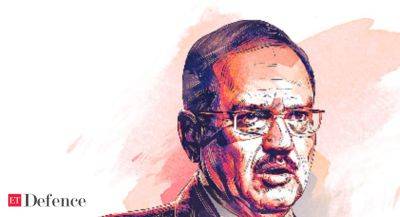Secret ingredients behind Chandrayaan-3's success: A humble masala dosa paired with a cup of filter coffee
Indian Space Research Organization (ISRO), it has come to light that a simple masala dosa served at 5 pm played a pivotal role in the success of India's Chandrayaan-3 moon mission.
When faced with the daunting challenge of achieving the impossible, ISRO had no financial incentives to offer its dedicated workforce. Journalist Barkha Dutt, in an opinion piece for The Washington Post, shed light on what kept the team motivated.
«We cracked it by offering a free masala dosa and filter coffee at 5 pm every evening,» reveals Venkateshwara Sharma, a mission scientist.
This unconventional approach resulted in a remarkable surge in motivation, prompting everyone to willingly invest extra hours. «Suddenly, everyone was happy to stay on longer,» adds Sharma.
Interestingly, love also found its way amidst the lunar challenges, as Sharma himself married one of the key leads on the project.
Former ISRO director Surendra Pal fondly recalled a time when a communication satellite was transported on a simple bullock cart, a cost-effective endeavor that only amounted to 150 rupees.
«We spend only on essentials. Our scientists put in more effort than any other scientists in any other company — in India or abroad,» emphasizes Madhavan Nair, another former ISRO head.
ISRO also shared a remarkable photograph of a cycle transporting parts, symbolizing their dedication with the slogan, «cycle se, chand tak (from a bicycle to the moon).»
Nair further revealed that ISRO scientists are paid one-fifth of what their global counterparts earn.
However, the most striking aspect is the cost-efficiency of India's lunar missions.
























